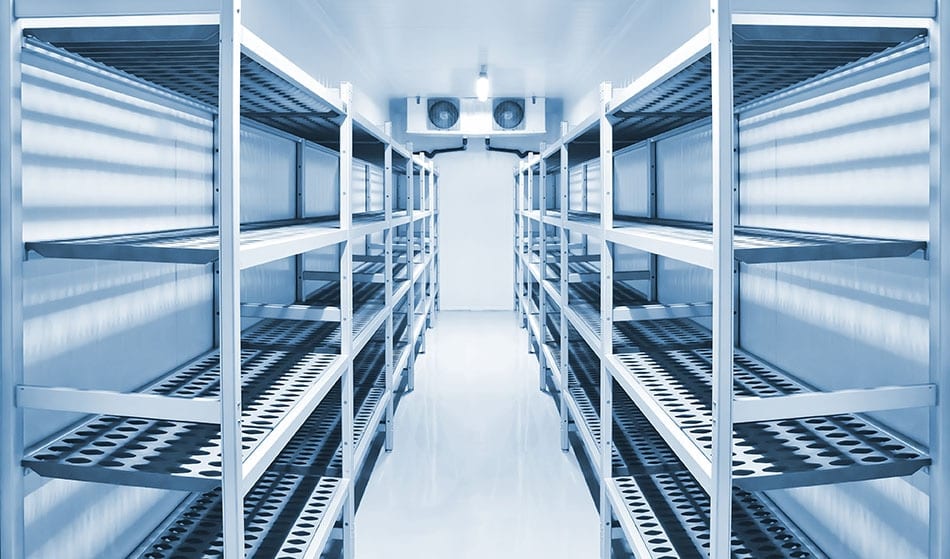
Cold Storage
Cold storage refers to specialized facilities that are designed to store perishable goods, such as food products, pharmaceuticals, and other temperature-sensitive items, at low temperatures to maintain their quality and extend their shelf life. If you are interested in cold storage, here are some key points to consider:
Determine your requirements: Assess your specific needs for cold storage, including the required temperature range, storage capacity, location, accessibility, and any specialized requirements for your products, such as frozen, chilled, or controlled atmosphere storage.
Research cold storage providers: Look for companies or facilities that specialize in cold storage services. Consider factors such as their location, size, storage capabilities, temperature controls, security measures, certifications (if applicable), and additional services they offer.
Evaluate facility features: Visit and evaluate the cold storage facilities that meet your requirements. Assess factors such as the facility's layout, storage systems, temperature control mechanisms, backup power systems, security protocols, and compliance with regulatory standards.
Understand service agreements: Review the service agreements or contracts provided by the cold storage provider. Pay attention to details such as pricing structure, storage fees, minimum storage periods, access hours, handling charges, inventory management systems, and any additional services or value-added offerings.
Consider regulatory compliance: Depending on the type of products you intend to store, there may be specific regulations or certifications required. Ensure that the cold storage provider meets all necessary regulatory standards, such as food safety certifications, pharmaceutical storage requirements, or hazardous materials handling certifications, if applicable.
